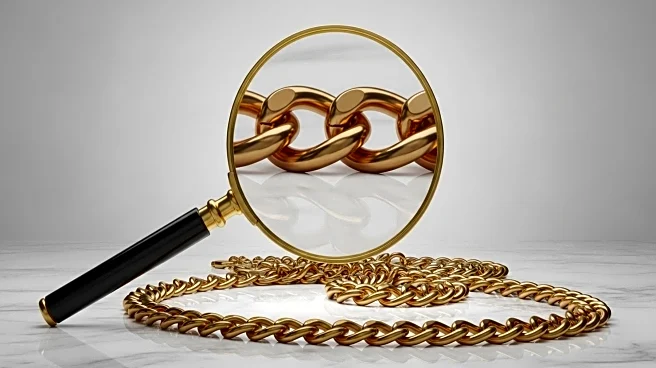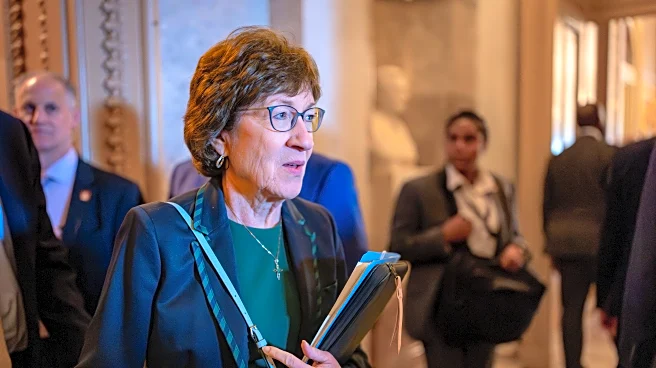What's Happening?
Luxury fashion brands in Italy, including Loro Piana, Valentino, Dior, and Giorgio Armani, are under scrutiny following supply chain scandals involving sweatshop schemes. Investigations revealed inadequate auditing of subcontractors, leading to judicial administration for some brands to improve oversight. The Italian Competition Authority fined Giorgio Armani for misleading sustainability claims. In response, brands are enhancing compliance measures and severing ties with non-compliant suppliers. The European Union is also introducing directives to increase supply chain transparency.
Why It's Important?
These developments highlight the ongoing challenges luxury brands face in maintaining ethical supply chains. The scrutiny underscores the importance of transparency and accountability in the fashion industry, which is under pressure to uphold ethical standards amid global spending downturns. The EU's forthcoming regulations could set new benchmarks for supply chain practices, influencing global standards. Brands that fail to adapt may face reputational damage and financial penalties, while those that succeed could strengthen their market position.
What's Next?
Luxury brands are expected to continue improving their compliance mechanisms and collaborate with lawmakers and industry associations to address labor exploitation. The EU's new directives, including the Corporate Sustainability Reporting Directive, will likely drive further changes in supply chain practices. Italy's fashion industry associations are advocating for standardized auditing protocols, which could lead to national legislation. These efforts aim to ensure the survival and prestige of the Made in Italy supply chain.









